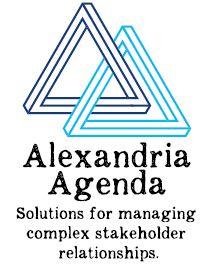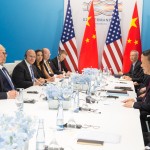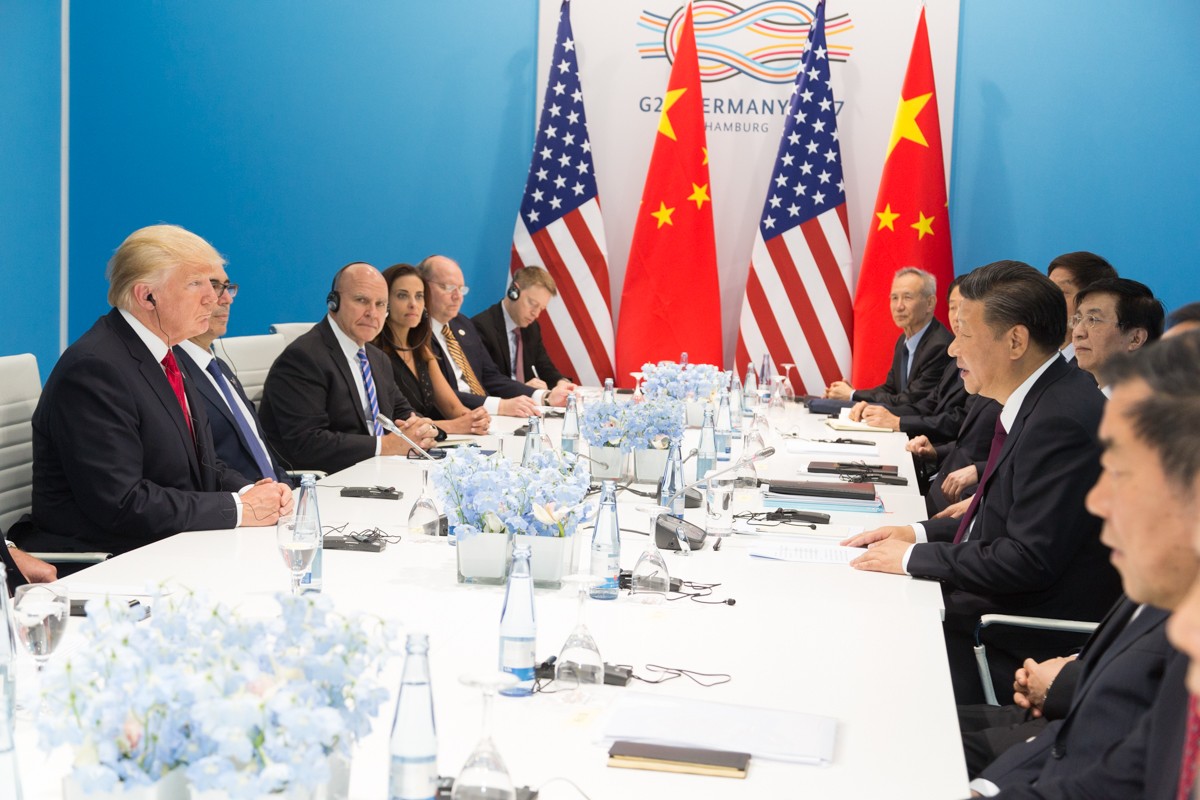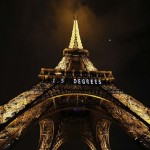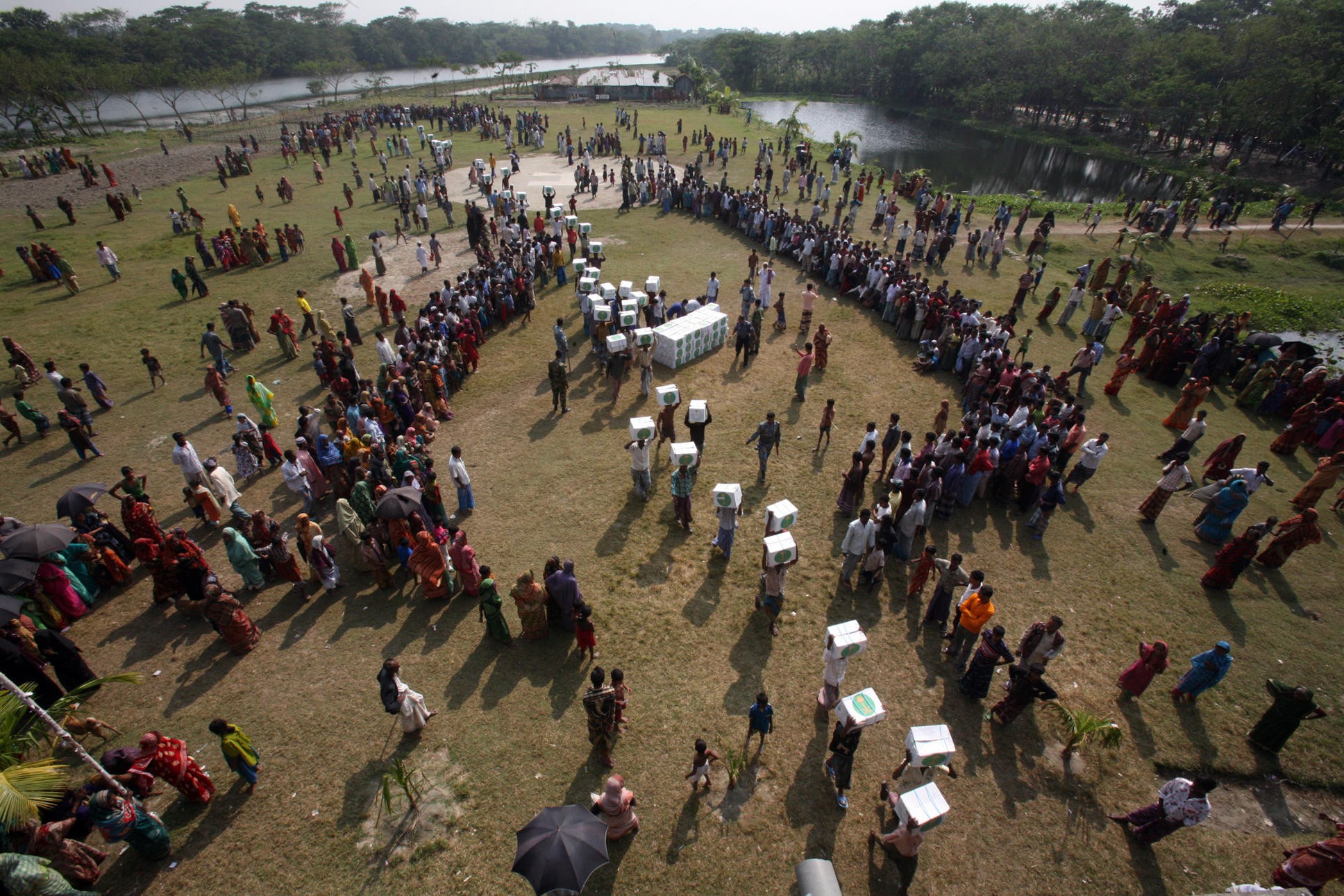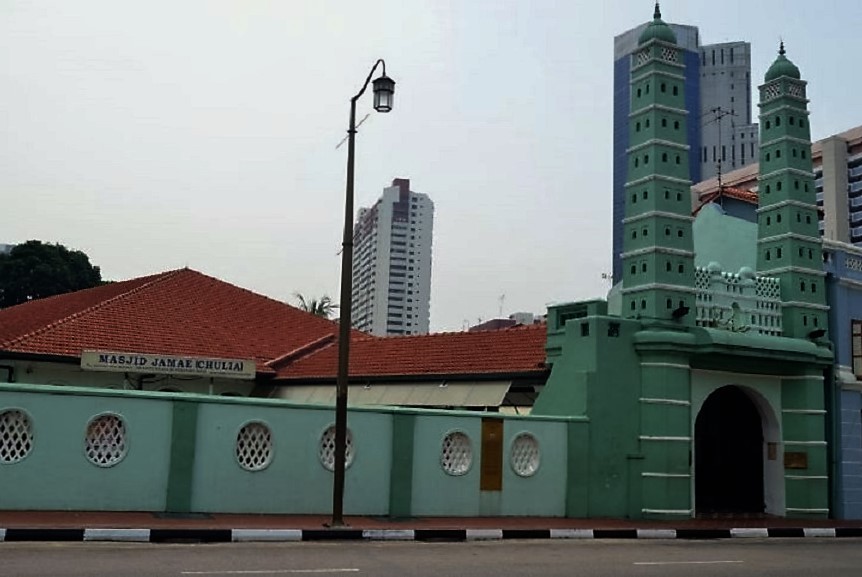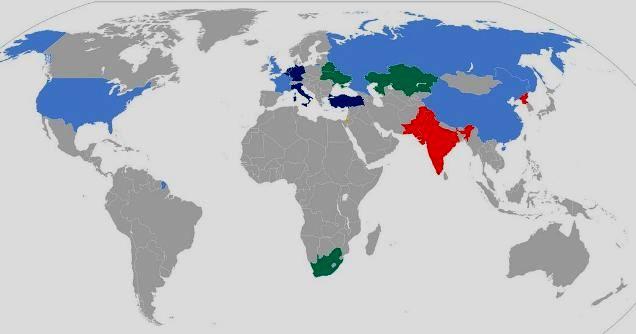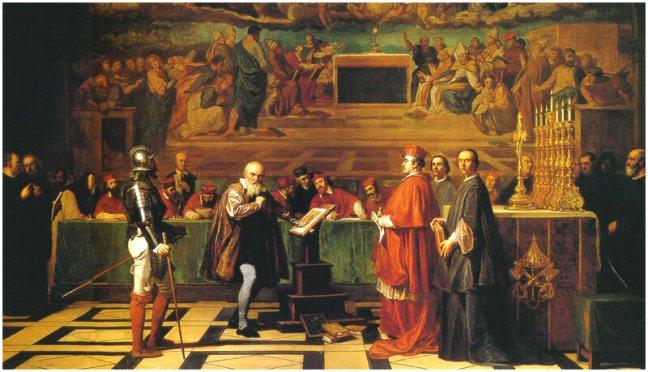Alexandria Agenda
Ethical Consulting for the Global Age
Diversity ♦ Sustainability ♦ Education
Initiated by Joseph Camilleri, the consultancy offers a new approach to governance and stakeholder relationships for governments, NGOs, businesses, universities, international organisations and community groups.
To learn more about this new venture, recent projects and activities visit the Alexandria Agenda website here
Engage
This website is designed to engage as well as inform, explain and stimulate.
You are invited to participate in the Forum — a series of moderated conversations, each focusing on a defining issue of our time.
These conversations bring together intellectuals and practitioners, drawn from diverse cultural, professional and disciplinary backgrounds, who have thought deeply about the world, its problems and possibilities.
You can also engage with Joseph Camilleri and other users by submitting comments on blogs, and by contributing ideas, proposals and information for inclusion on the website.
Necessarily, with all contributions there will be a process of moderation to ensure that the dialogue, while vigorous, remains insightful, constructive and respectful.

